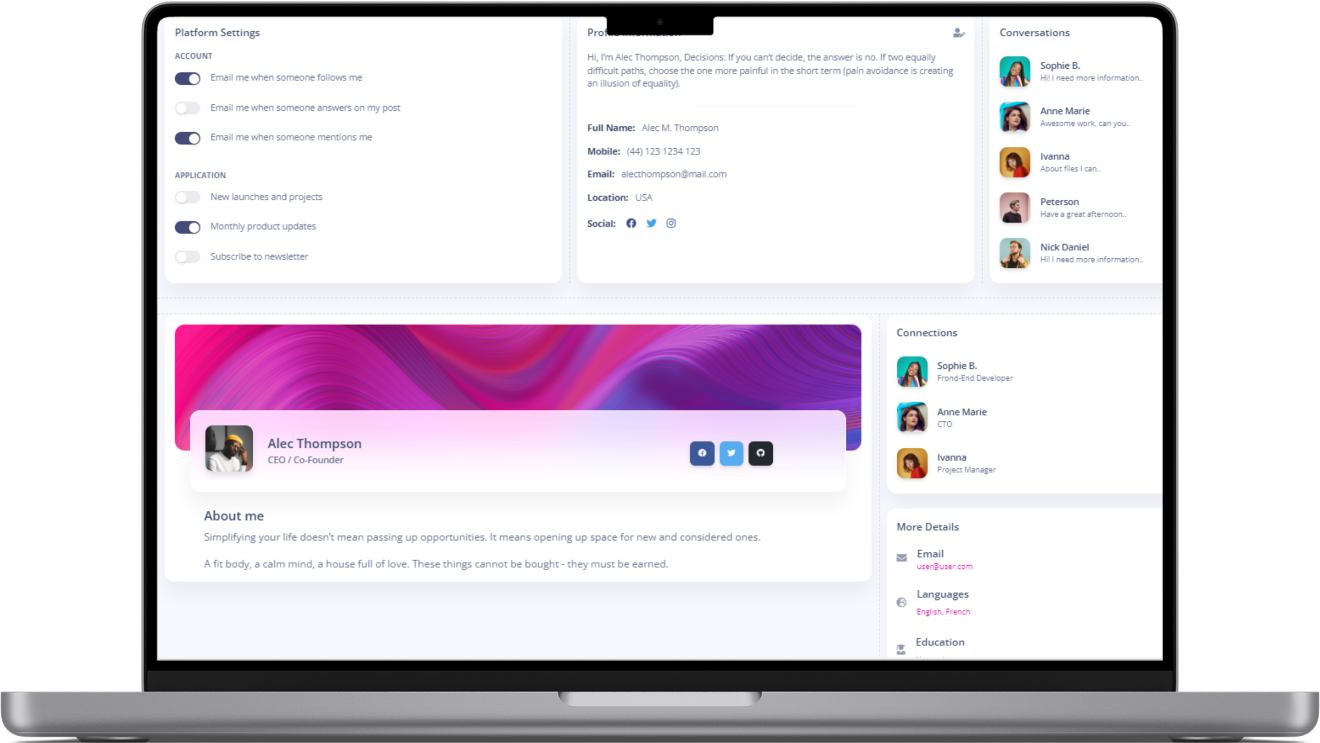Data security is not just a technical concern—it's a foundation for personal freedom, digital integrity, and social trust.In today’s digital environment, vast amounts of data are constantly generated by individuals and AI systems.
This includes sensitive information like location, health records, financial data, creative content, and more. When this data are stored or processed by centralized entities (like traditional Web 2.0 platforms), it becomes vulnerable in multiple ways.
Preventing Large-Scale Data Breaches:
Centralized platforms are single points of failure. A successful attack can expose the personal data of millions, leading to identity theft, fraud, and irreversible damage.
Avoiding Unwanted Data Monetization:
Many companies harvest user data for commercial gain—often without clear consent. This can result in profiling, manipulation, and exploitation of user behavior.
Preserving Data Integrity:
Unprotected or improperly stored data can be altered, corrupted, or lost. This undermines trust in AI systems, decision-making processes, and digital services.
Resisting Algorithmic Manipulation:
Insecure data can fuel biased algorithms, deepfakes, and misleading sentiment analysis, impacting elections, markets, and individual well-being.
Protecting Individual Autonomy:
Without data security, users lose control over their digital footprint. Their choices, identity, and even thoughts can be surveilled or influenced without awareness.



.svg)
.svg)
.svg)
.svg)
.svg)
.svg)
.svg)
.svg)
.png)



















